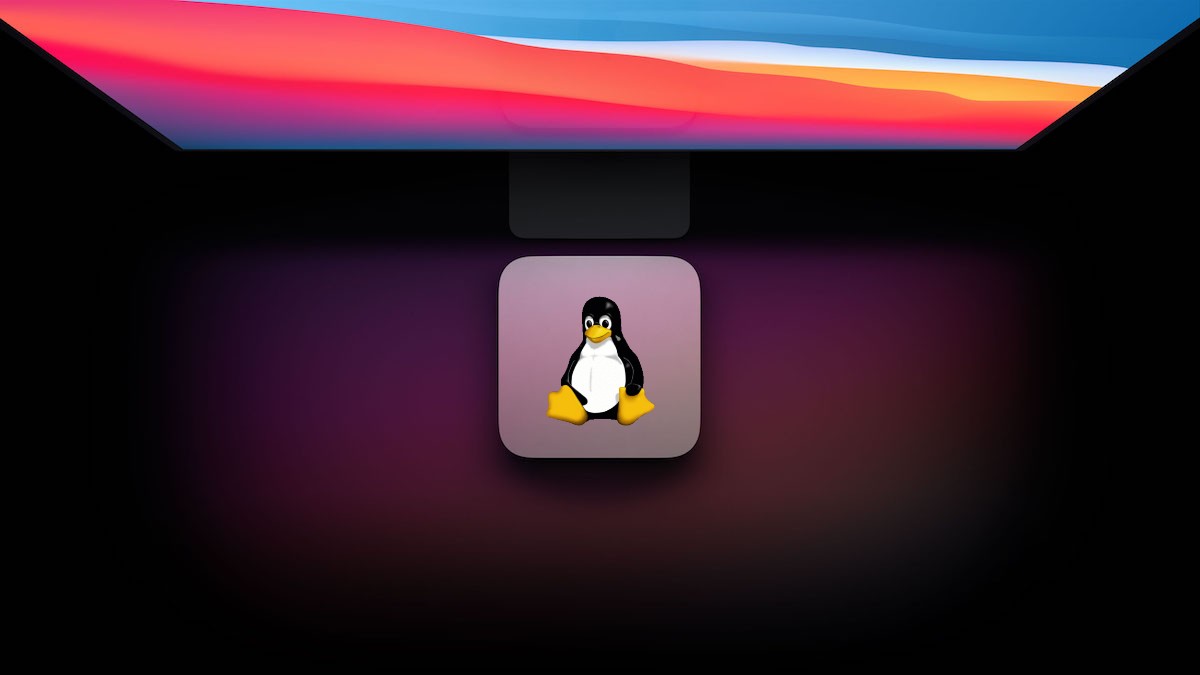Linus Torvalds, the creator of Linux, says that he would love to use a new Apple Silicon MacBook. He has been waiting for an ARM-based laptop but doubts that Linux on M1 Macs would happen unless Apple opens up the platform. At the moment, Apple Silicon M1 Macs can only run macOS and don’t even support Bootcamp for Windows installation.

Linux on M1 Macs unlikely as per Linus Torvalds
Linus was a fan of his 11-inch MacBook Air from a decade ago but apparently moved away from it because It stuck with the old non-Retina display for too long. It seems that Linus likes Apple’s new hardware, but he is not a fan of the operating system. He made it clear that he would love to use the new MacBook Air if he could use Linux on M1 Macs. He told ZDnet:
“I’ve been waiting for an ARM laptop that can run Linux for a long time. The new Air would be almost perfect, except for the OS. And I don’t have the time to tinker with it, or the inclination to fight companies that don’t want to help.”
As with most things Apple, the new M1 Macs are not open to third-party developers for building native support for alternative operating systems. This makes it difficult for developers to justify spending any effort on any workarounds too, as they would just be limited to be used only by enthusiasts. Linus believes that these are showstoppers for him.
“The main problem with the M1 for me is the GPU and other devices around it, because that’s likely what would hold me off using it because it wouldn’t have any Linux support unless Apple opens up…seems unlikely, but hey, you can always hope.”
Linus also said that even if Linux on M1 Macs was a possibility, he would still want more cores on the MacBook. He personally does not care about the battery life, but would rather have 8 high-performing cores for extreme power. At the same time, he is happy with 16GB RAM and said that he does not do anything on portable computers that requires more memory.
Apple has a mixed history with open-source software. Safari is powered by WebKit, which is an open-source browsing engine. The company even shares open-source versions of components from its various tools and operating systems, however, it is highly protective when it comes to its hardware and what software can work on it.
For now, users will have to wait for virtualization apps to be available for Apple Silicon so they can run ARM-based Windows or Linux on their M1 Macs.
1 comment
Comments are closed.